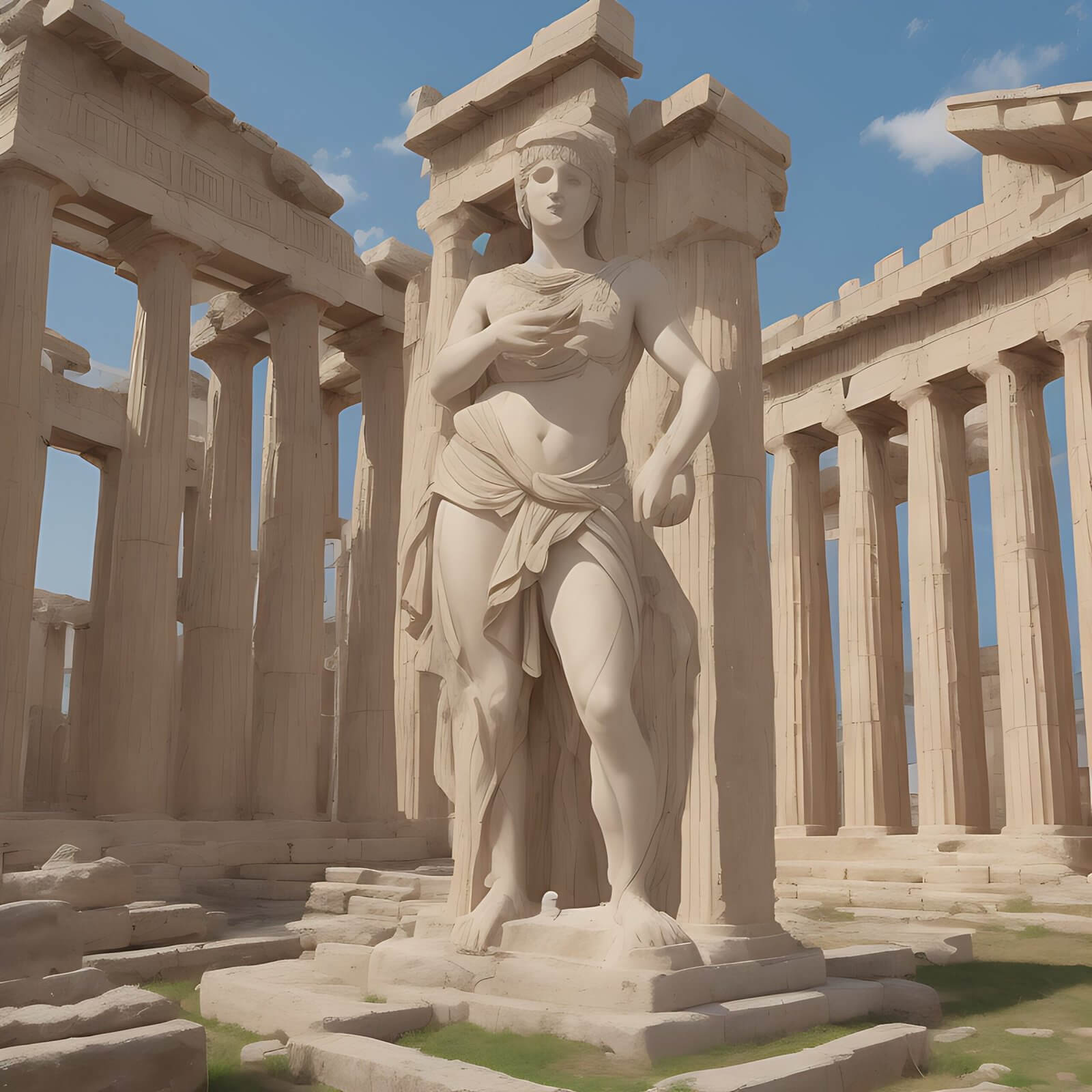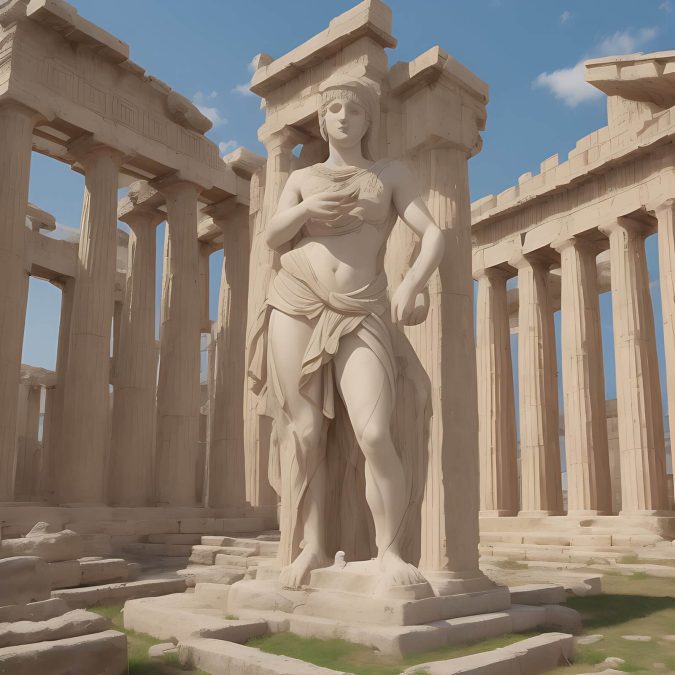
I. Introduction
The project titled “The Rise and Fall of Thebes: A Comprehensive Study of the Theban City-State” aims to delve into the rich history and significance of Thebes in ancient Greece. This article will explore the importance of studying Thebes, its historical background, political structure, military strength, cultural contributions, decline, and legacy. The objectives of this project are to provide a detailed analysis of Thebes’ rise to power, its eventual fall, and its lasting impact on ancient Greek history.
II. Historical Background of Thebes
Location and Geography of Thebes
Thebes, located in Boeotia, central Greece, was strategically positioned between Athens and Sparta. Its fertile land and proximity to important trade routes contributed to its growth as a prominent city-state.
Early History and Foundation of Thebes
Founded in the Bronze Age, Thebes evolved from a small settlement to a powerful city-state. It played a significant role in the early history of Greece and established itself as a major player in the region.
Development of Thebes as a Major City-State in Ancient Greece
Through strategic alliances and military prowess, Thebes rose to prominence in the 5th century BCE. It became a formidable force, challenging the supremacy of Athens and Sparta.
III. Political Structure of Thebes
Government and Political System
Thebes had a unique political system characterized by democratic elements and an oligarchic ruling class. Its government underwent several transformations, leading to periods of stability and turmoil.
Key Political Figures in Thebes
Notable leaders such as Pelopidas and Epaminondas shaped Theban politics and military strategies. Their influence played a crucial role in Thebes’ rise to power.
Thebes’ Role in the Delian League and Peloponnesian War
As a member of the Delian League, Thebes participated in the Peloponnesian War, aligning itself with Sparta against Athens. This alliance had lasting implications for Theban politics and relations with other city-states.
IV. Military Strength and Achievements
Theban Army and Military Tactics
The Theban army was renowned for its discipline and innovative tactics. It utilized the phalanx formation and implemented strategic maneuvers that proved effective in battle.
The Sacred Band of Thebes
Comprised of elite soldiers in same-sex couples, the Sacred Band of Thebes was a formidable military unit known for its loyalty and prowess in combat. Their courage and skill contributed to Thebes’ military successes.
Thebes’ Military Victories and Defeats
Thebes achieved notable victories, such as the Battle of Leuctra, where it decisively defeated Sparta. However, it also faced defeats, leading to shifts in power dynamics within Greece.
V. Cultural and Intellectual Contributions of Thebes
Thebes as a Center of Culture and Learning
Thebes was a hub of artistic and intellectual activity, attracting renowned poets, philosophers, and artists. Its cultural prestige rivaled that of Athens and other Greek city-states.
Prominent Artists, Writers, and Philosophers from Thebes
Figures like Pindar, the lyric poet, and Plutarch, the historian, hailed from Thebes and made significant contributions to Greek literature and philosophy.
Religious Practices and Festivals in Thebes
Thebes had a rich religious tradition, with festivals honoring deities like Dionysus and Hercules. These celebrations reflected the city’s spiritual beliefs and cultural identity.
VI. Decline and Fall of Thebes
Thebes’ Conflicts with Other Greek City-States
Political rivalries and conflicts with Athens and Sparta weakened Thebes’ position in the Greek world. Internal strife and external pressures contributed to its eventual downfall.
The Battle of Leuctra and the Rise of Theban Hegemony
The Battle of Leuctra in 371 BCE marked a turning point in Greek history, as Thebes emerged victorious over Sparta, establishing its hegemony in the region. However, this dominance was short-lived.
The Destruction of Thebes by Alexander the Great
Following a failed uprising against Macedonian rule, Thebes was razed to the ground by Alexander the Great in 335 BCE. This marked the end of Thebes as a major political and cultural center.
VII. Legacy of Thebes
Impact of Thebes on Ancient Greek History
Thebes’ contributions to politics, military strategy, and culture left a lasting impact on ancient Greek civilization. Its legacy influenced the development of subsequent societies.
Thebes’ Influence on Later Civilizations
The achievements and failures of Thebes served as a cautionary tale for future generations. Its military tactics and cultural heritage inspired later civilizations in the Mediterranean world.
Significance of Studying Thebes in the Present Day
Studying Thebes provides insights into the complexities of ancient Greek society and political dynamics. It offers valuable lessons on power, leadership, and the consequences of hubris.
VIII. Conclusion
In conclusion, the rise and fall of Thebes exemplify the ebb and flow of power in the ancient world. By examining its history, we gain a deeper understanding of the challenges and opportunities faced by city-states in antiquity. The study of Thebes underscores the importance of political acumen, military strategy, and cultural innovation in shaping the course of history.
IX. References
– Herodotus, “Histories”
– Thucydides, “History of the Peloponnesian War”
– Plutarch, “Lives”
– Pausanias, “Description of Greece”
